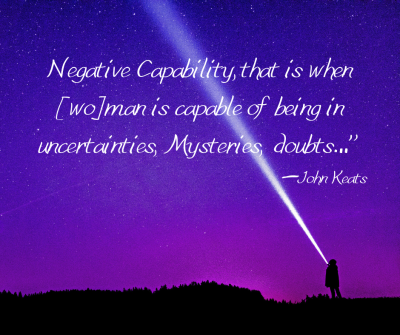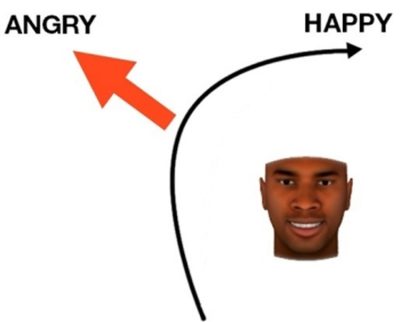Spaciousness of “Negative Capability”
John Keats, English Romantic Poet, wrote about “negative capability” in a letter to his brothers George and Thomas in 1871 when he was 22 years old. I read this letter nearly a century later when I was 22, an undergraduate majoring in English literature. I understand this oxymoronically-named ability today in ways I could not have then. As circumstances at work and in our lives become ever more complex, negative capability might be one of … Read more…


